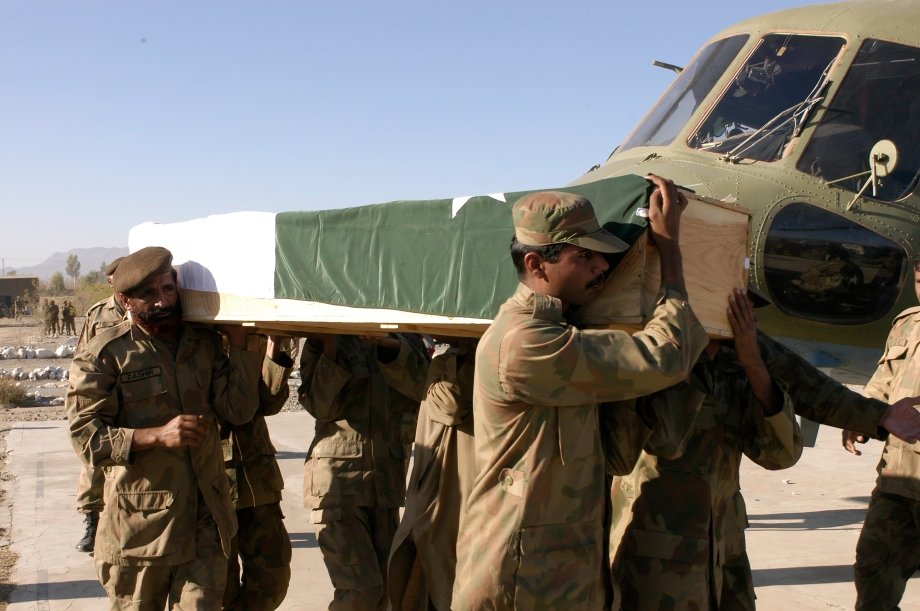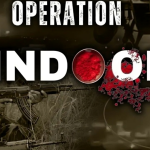In a rare and notable admission, the Pakistani military has confirmed that 11 of its personnel were killed and 78 others injured in retaliatory strikes carried out by India. The casualties include six soldiers from the Pakistani Army and five from the Air Force. This is the first official acknowledgment by Pakistan of military losses in the current flare-up with India, which intensified following a militant attack on tourists in Indian-administered Kashmir in April 2025.
India’s military response, dubbed Operation Sindoor, began on May 7, targeting alleged terrorist camps in Pakistan-administered Kashmir and in areas of Punjab province, including Bahawalpur, Muridke, Shakar Garh, and a village near Sialkot. Indian officials said the strikes were aimed at infrastructure linked to Jaish-e-Mohammed and Lashkar-e-Taiba, which are accused of orchestrating cross-border terrorism and recruiting militants on Pakistani soil.
Pakistan, while denying any involvement in the Kashmir attack, claims that India’s operations caused extensive civilian harm. Earlier statements from Pakistani authorities reported at least 31 civilian deaths and 46 injuries due to Indian strikes, condemning the actions as reckless and inflammatory.
India maintains that its strikes were precision-based and intended solely to eliminate terrorist threats, not to harm civilians. In response, Pakistan’s Defense Minister Khawaja Muhammad Asif emphasized that any counter-response would target only Indian military assets.
The conflict has added fresh strain to the already fraught diplomatic relations between the two nations. In a dramatic move, Pakistan has threatened to suspend participation in the Simla Agreement—a foundational peace accord established after the 1971 Indo-Pakistani War. That war concluded with heavy Pakistani losses, including the surrender of 93,000 troops, and Pakistan’s current admission of military casualties is seen as a departure from its historically cautious public disclosures in times of conflict.
With both sides exchanging sharp rhetoric and accusations, the international community remains on alert, urging de-escalation as fears of further conflict between the nuclear-armed neighbors loom large.













